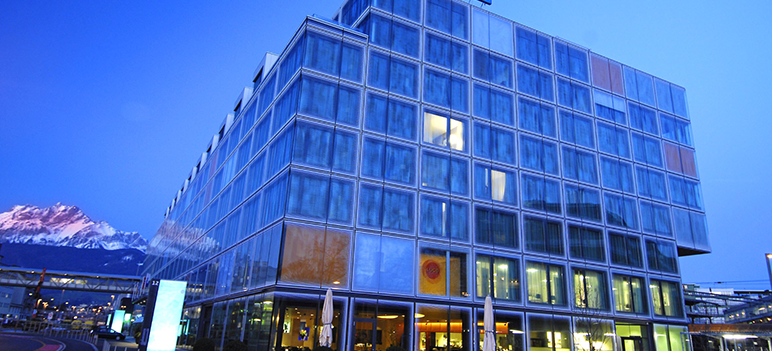Why Investing in Energy Conservation Makes Good Business Sense

Energy conservation and what it means to your business is worth considering from several different perspectives:
- Political - regulations surrounding sustainability have headlined campaigns and debates nationwide for years.
- Emotional - controversial ecological topics, like fracking, for example, can bring a range of emotions to the forefront, sparking passionate debate.
- Scientific - while experts still quibble over details, nearly all environmental scientists agree that energy efficiency is vital to slowing damage to the delicate ecological balance of our planet.
- Economical - regulations intended to boost efficiency and curb energy usage are usually aimed at commercial facilities more heavily than residential or individual consumers.
It’s the last example that inspires the topic for today’s article. The business world is expected to lead the way as new energy-related initiatives are launched. The statistics bear out the fact that commercial facilities contribute significantly to the overall energy usage in the United States, so commercial building owners and facility managers are directly impacted by this topic every single day.
Beyond the subjective factors involved with the energy debate, business leaders need to be concerned with the financial impact of regulations and conservation processes in order to maintain profitability and protect stakeholders. While environmental sustainability is important, they also have an obligation to their investors, employees, and customers to consider economic sustainability.
Fortunately, these priorities do not need to be mutually exclusive. As explained below, there’s a strong business case for investing in energy conservation, which can make it a smart decision for companies with a long-term outlook.
Energy Efficiency by the Numbers
Before discussing strategies and tactics, let’s take a brief look at the statistics regarding energy conservation by commercial entities. In this case, we’ll be focusing primarily on energy usage involving commercial HVAC systems.
According to statistics published by Pacific Gas and Electric, a utility company in California, and additional cited sources:
- 15% of electricity costs in the average commercial building go to space cooling.
- Up to 51% of a commercial building’s overall utility usage can be traced to heating, cooling, and ventilation.
- Over 30% of the energy consumed by commercial HVAC systems is lost to waste.
- Simply changing HVAC system filters can reduce this energy waste by 5-10%.
- Efficiency obtained by using programmable thermostats can save hundreds of dollars a year in a large facility.
- Providing routine maintenance can reduce repair costs by up to 40% for a commercial HVAC system, in part by improving overall energy efficiency.
- Installing proper seals on heating and cooling ducts can improve energy efficiency up to 20%.
- If a system is more than 10 years old, upgrading or replacing HVAC equipment can yield 5-20% gains in energy efficiency.
- Raising the inside temperature by one degree (up in the summer and down in the winter) can save up to 10% annually on heating and cooling costs.
Using these rough figures and your own utility bills, you should be able to come to a reasonable estimate of how much can potentially be saved by improving the energy efficiency of your building’s HVAC system. If you’ve never considered it before, the figures can be eye-opening.
The value of investing in conservation efforts is especially high if your equipment is inefficient and you aren’t regularly maintaining it, proactively making strategic upgrades, or routinely adjusting controls based on data analysis — a scenerio that’s common to many commercial building owners.
How Conserving Energy Affects Profitability
Every facility has its own unique set of circumstances and challenges. However, in over 45 years serving facilities in Virginia and the Carolinas, we’ve found nearly every commercial facility can discover value from the energy efficiency options available to them.
With potential savings amounting to tens of thousands of dollars every year, most recommended upgrades pay for themselves in just a few years. Even very small, low-cost improvements can offer significant savings in buildings that are currently inefficient.
Keeping your commercial HVAC equipment running its best through routine and planned maintenance extends its expected life and maintains its high energy efficiency rating. This further increases the value of the investment.
Finally, investing in energy-efficient HVAC systems also provides less tangible (but still important) value in such areas as public perception, customer loyalty, customer satisfaction, employee satisfaction, and employee productivity:
That’s because employees working in a facility with smooth-running, energy efficient heating and cooling are more comfortable, and therefore more productive and happier. Customers, business partners, and vendors are all human beings who are connected to the larger issue of environmental responsibility and sustainability.
So, both in direct financial savings and indirect value, there’s a powerful business case for investing in energy efficiency.
Contact us today to arrange an operational assessment of your facility’s current energy efficiency and discuss options for improving your systems. Also, have you considered getting your building Energy Star Rated?

